Introduction
Understanding the Top 10 Health Concerns for Chesapeake Bay Retriever is vital.
- They require special care to maintain optimal health
- Understanding common health issues helps prevent problems
- This guide covers top concerns and how to manage them
- Regular vet visits and a healthy lifestyle are essential
- Learn about prevention strategies and effective care
1. Hip Dysplasia
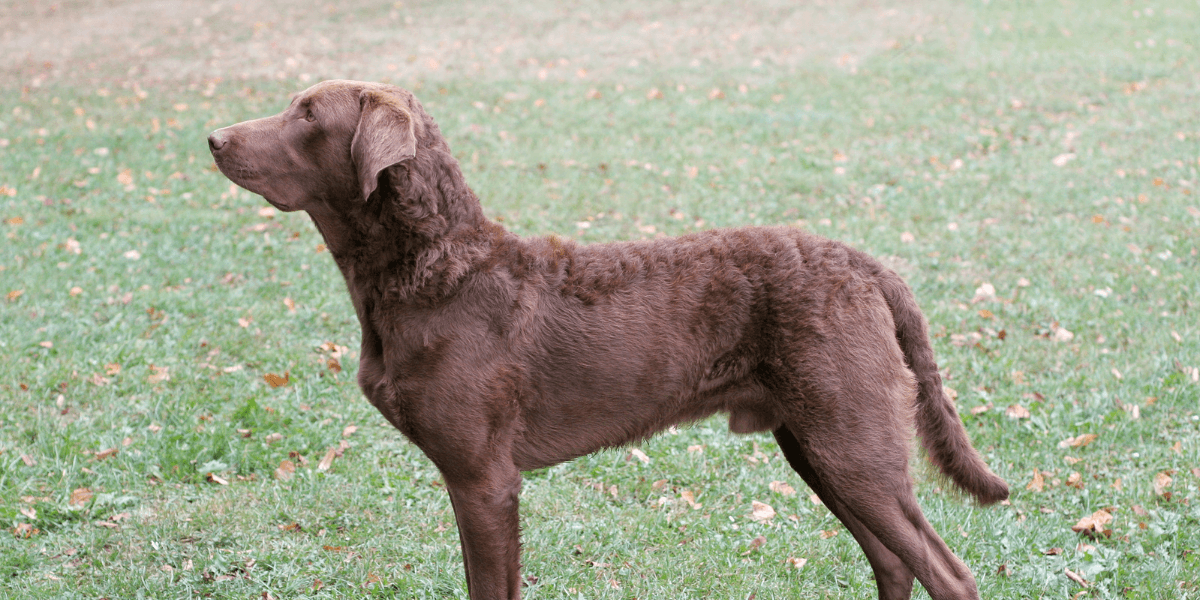
Hip dysplasia is a common joint issue in large dog breeds.
- Description: Abnormal formation of the hip socket causes pain
- Prevention: Provide a balanced diet and regular exercise
- Early Detection: Watch for limping or difficulty standing
- Treatment: Consult a vet for supplements or surgery
- Weight Management: Keep your dog at a healthy weight
- Physical Therapy: Exercises can help improve mobility
- Genetics: Choose breeders who test for hip dysplasia
- Joint Supplements: Consider glucosamine and chondroitin
2. Elbow Dysplasia

Elbow dysplasia affects the front legs, causing joint pain and lameness.
- Description: Genetic condition causing abnormal joint development
- Prevention: Avoid over-exercising young puppies
- Early Signs: Monitor for stiffness or front leg limping
- Treatment: Surgery or medication may be required
- Nutrition: Provide high-quality, balanced meals
- Exercise: Gentle, regular activity helps maintain mobility
- Weight Control: Maintain a healthy weight to reduce stress on joints
- Veterinary Check-ups: Regular exams detect early signs
3. Progressive Retinal Atrophy (PRA)
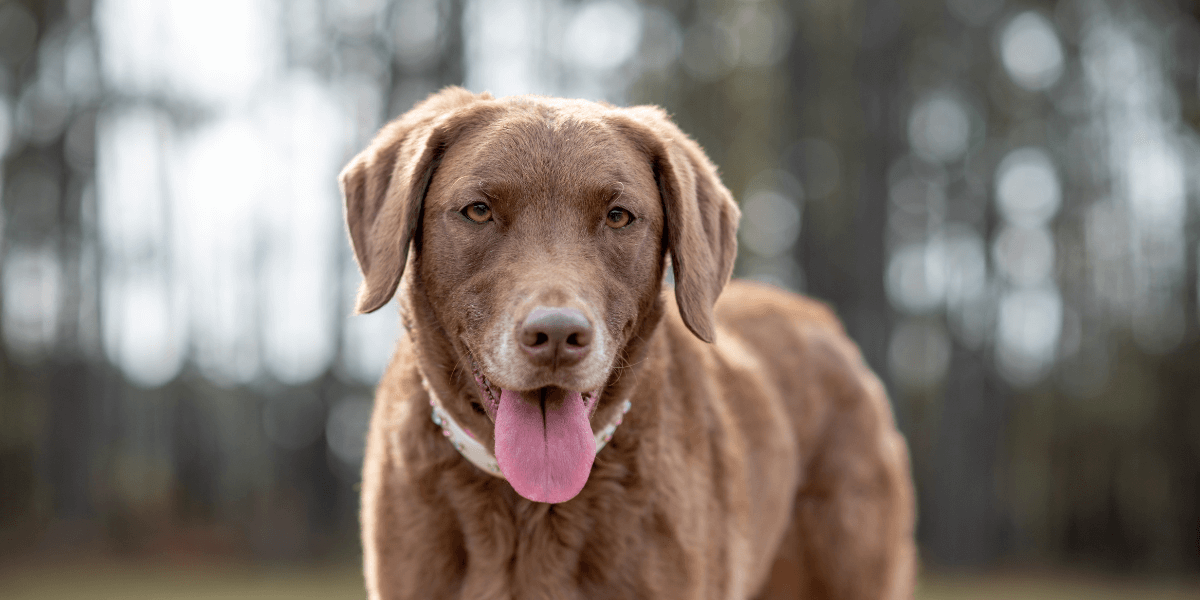
Progressive Retinal Atrophy (PRA) is one of the top 10 health concerns for Chesapeake Bay Retrievers.
- Description: An inherited condition affecting retinal cells
- Prevention: Use genetic testing before breeding
- Early Symptoms: Look for night blindness or dilated pupils
- Management: Keep your dog's environment consistent
- Regular Eye Exams: Visit the vet for early detection
- Nutritional Support: Antioxidants may support eye health
- Safe Environment: Avoid potential hazards around the home
- Genetic Counseling: Consult breeders for PRA-free puppies
4. Hypothyroidism
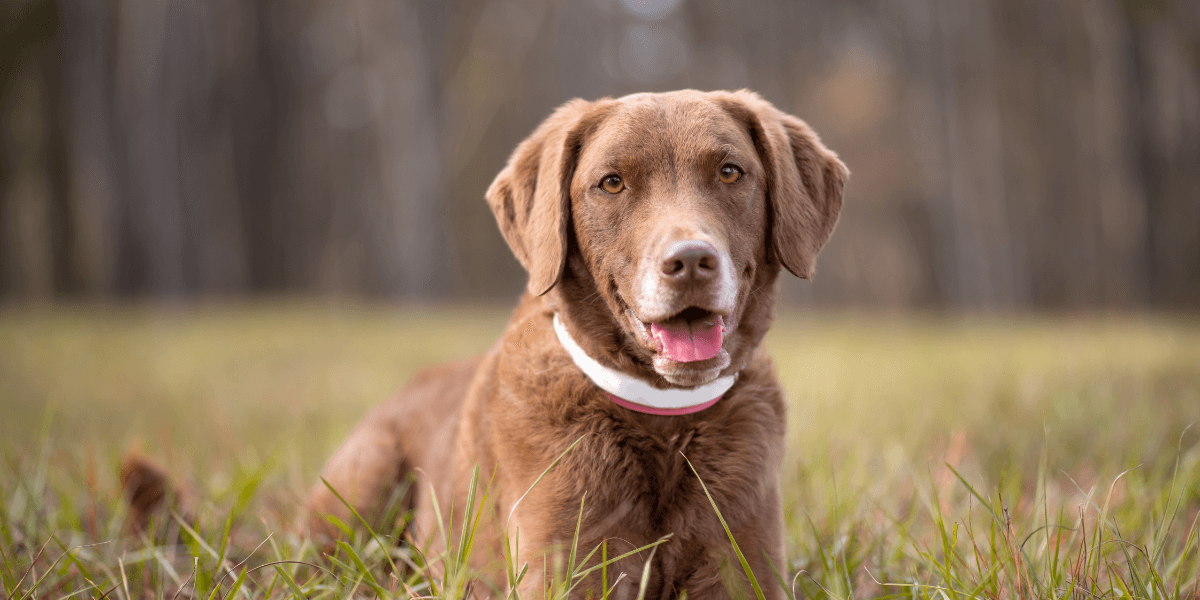
Hypothyroidism affects metabolism and can cause weight gain.
- Description: The thyroid gland does not produce enough hormones
- Symptoms: Watch for lethargy, weight gain, and hair loss
- Diagnosis: A blood test by your vet confirms the condition
- Treatment: Lifelong thyroid medication may be needed
- Regular Monitoring: Schedule follow-ups to adjust medication
- Balanced Diet: Provide a diet tailored for thyroid health
- Weight Management: Monitor weight and exercise regularly
- Avoid Stress: Minimize stress to help manage symptoms
Learn about hypothyroidism in Chesapeake Bay Retrievers and explore how to prevent and manage hip dysplasia in Great Danes.
5. Bloat (Gastric Dilatation-Volvulus)
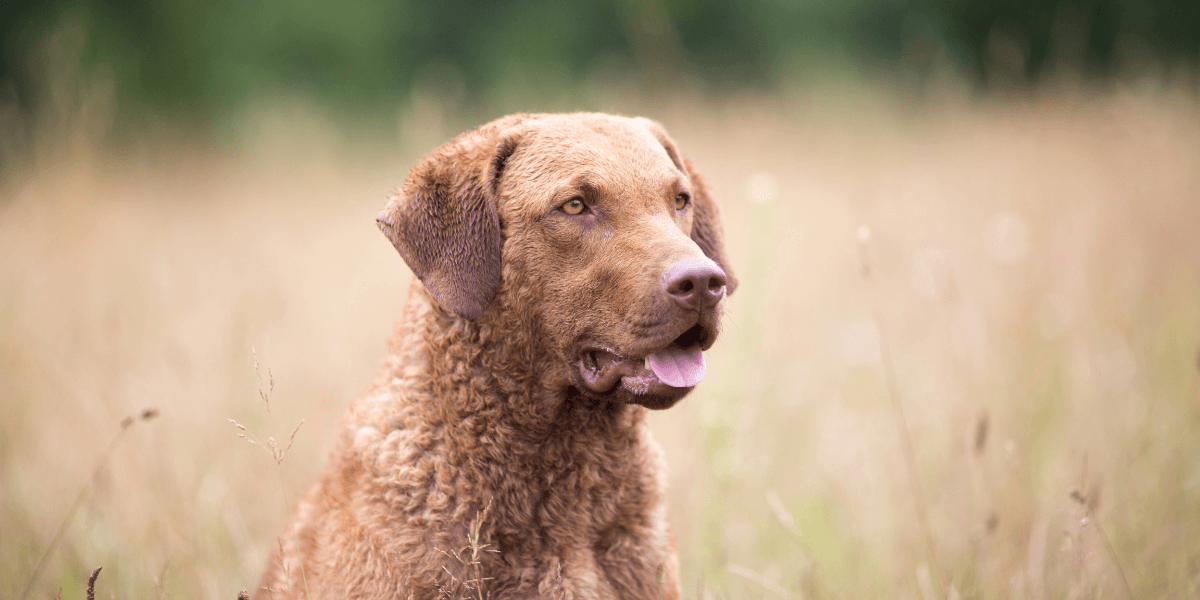
Bloat is a life-threatening condition requiring immediate attention.
- Description: The stomach twists, trapping gas and cutting blood flow
- Prevention: Feed smaller meals multiple times a day
- Risk Factors: Deep-chested dogs are more susceptible
- Early Symptoms: Look for restlessness, drooling, or a swollen abdomen
- Immediate Action: Go to the vet immediately if bloat is suspected
- Surgery: Gastropexy may prevent recurrence in high-risk dogs
- Feeding Habits: Avoid exercise right after meals
- Water Intake: Provide access to water at all times
6. Ear Infections
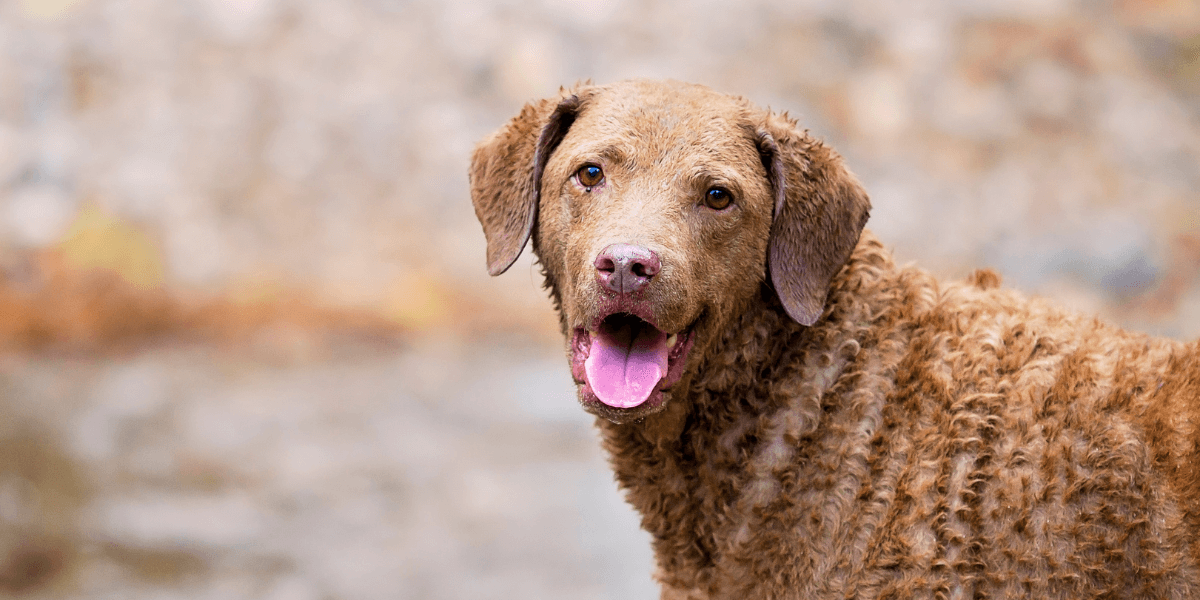
Ear infections are among the top 10 health concerns for Chesapeake Bay Retrievers due to floppy ears.
- Description: Moisture and debris can cause ear infections
- Cleaning Routine: Clean ears regularly to prevent infections
- Symptoms: Look for redness, odor, or head shaking
- Vet Check: Seek veterinary care for proper diagnosis
- Medication: Use prescribed ear drops or antibiotics
- Hair Trimming: Trim hair around ears to improve airflow
- Swimming Precautions: Dry ears thoroughly after swimming
- Allergen Management: Identify and manage potential allergens
Discover effective treatments for ear infections in Chesapeake Bay Retrievers and grooming tips for German Shepherds.
7. Allergies
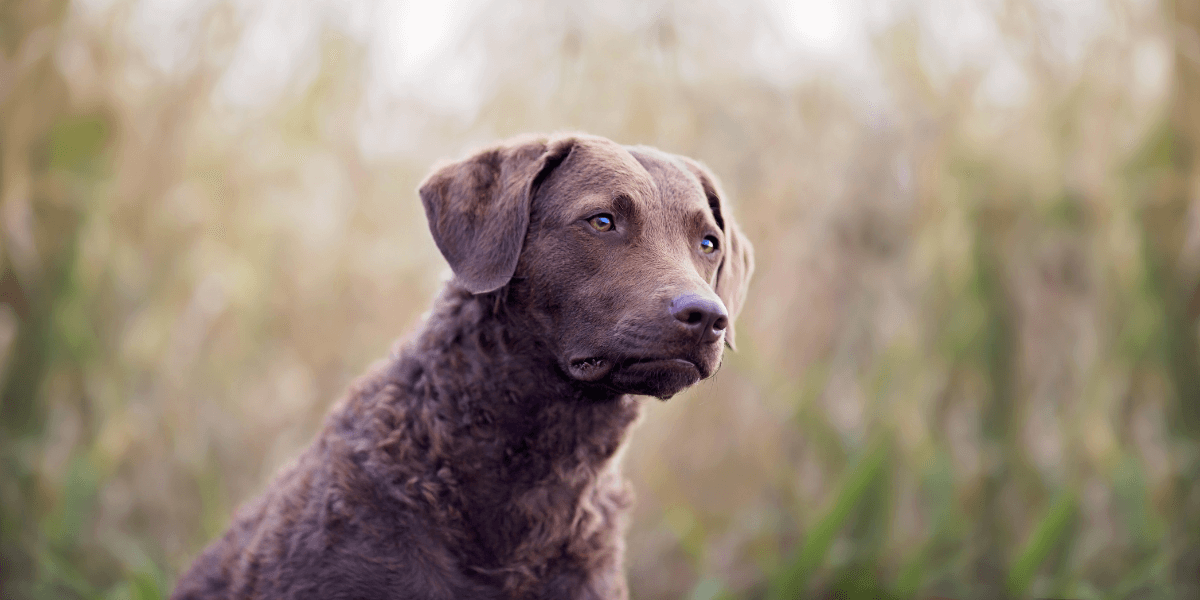
Allergies in dogs can cause itching, discomfort, and infections.
- Description: Chesapeake Bay Retrievers may have food or environmental allergies
- Prevention: Identify allergens and remove them from the environment
- Signs: Itching, redness, and ear infections are common
- Diet: Choose hypoallergenic dog food if needed
- Flea Control: Use vet-recommended flea treatments
- Bathing: Regular baths with hypoallergenic shampoos may help
- Medications: Antihistamines or other treatments can relieve symptoms
- Veterinary Support: Consult a vet for allergy testing
8. Cancer
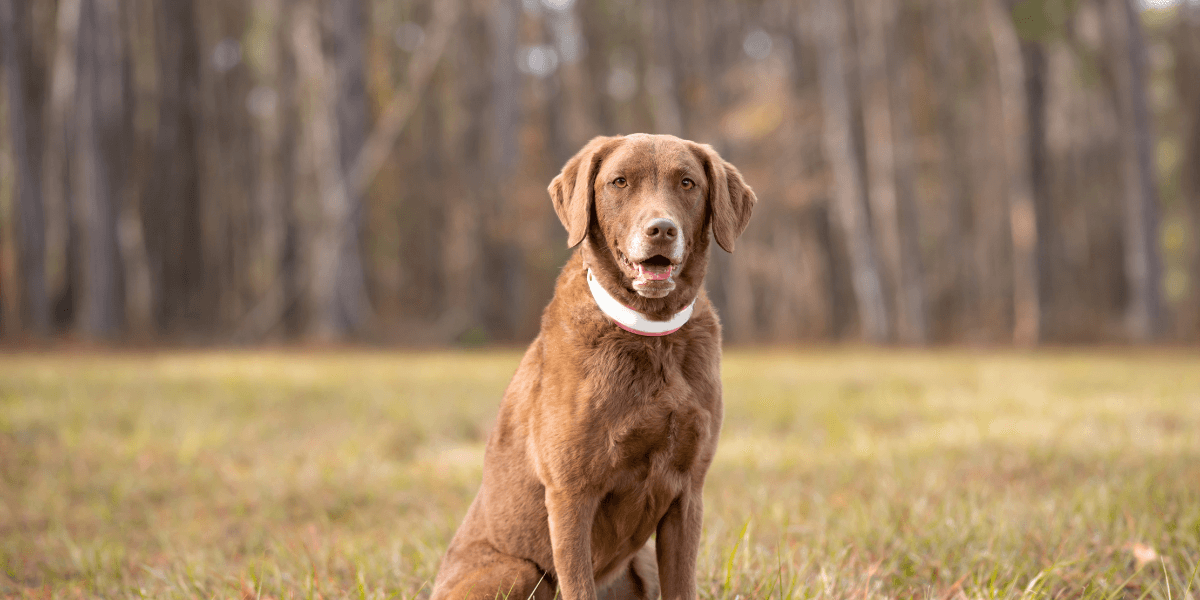
Cancer is a significant concern and can affect various parts of the body.
- Description: Abnormal cell growth that can form tumors or spread
- Detection: Regular check-ups and monitoring for lumps or changes
- Types: Lymphoma, mast cell tumors, and others are common
- Symptoms: Weight loss, lethargy, unexplained bleeding, or sores
- Treatment: Surgery, chemotherapy, or radiation may be options
- Nutrition: Provide a balanced diet to support immune health
- Early Detection: Regular vet visits increase the chances of early diagnosis
- Care Plan: Discuss personalized care options with your vet
Understand cancer risks in Chesapeake Bay Retrievers and explore common health issues in Bernese Mountain Dogs.
9. Heart Disease
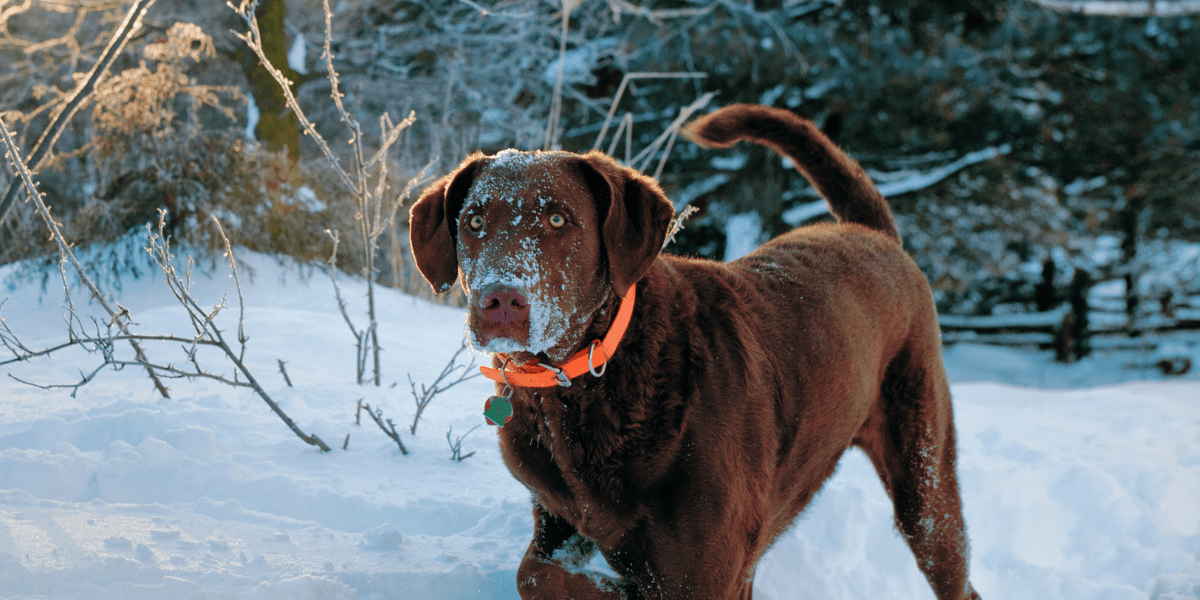
Heart disease is a critical issue among the top 10 health concerns for Chesapeake Bay Retrievers.
- Description: It can involve valves, muscles, or blood vessels of the heart
- Symptoms: Coughing, difficulty breathing, or lethargy
- Prevention: Regular vet check-ups to monitor heart health
- Exercise: Provide appropriate, moderate exercise for heart support
- Diet: Feed a heart-healthy diet with low sodium
- Weight Control: Maintain a healthy weight to reduce heart strain
- Treatment: Medications or surgery may be needed depending on the condition
- Monitoring: Regular follow-ups with your vet are essential
10. Obesity
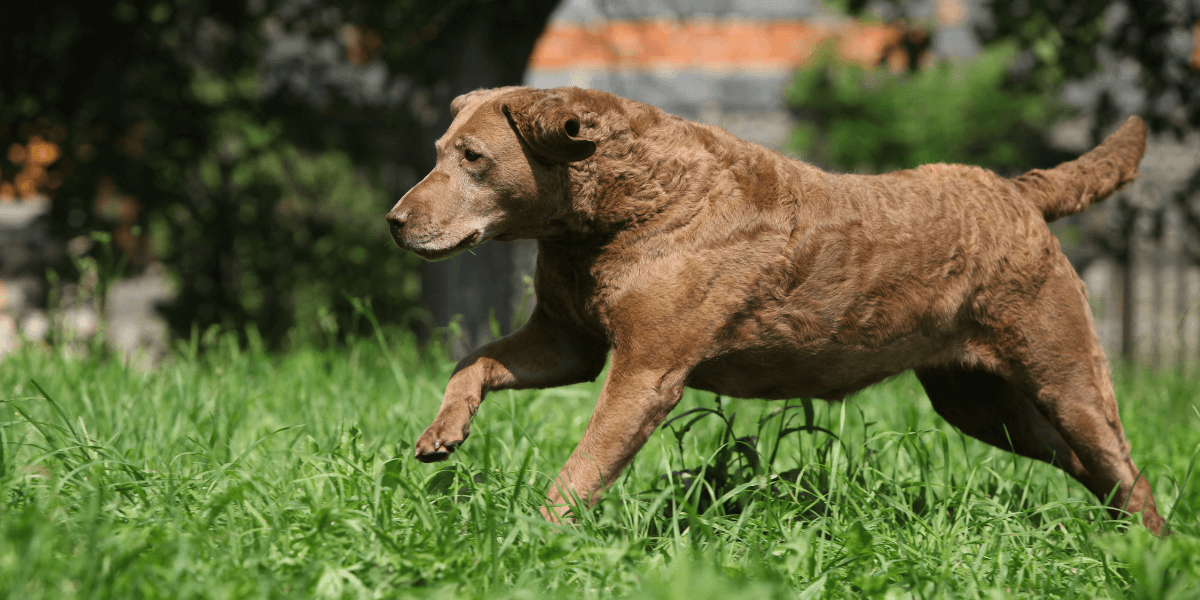
Obesity is a growing concern that can lead to other health problems.
- Description: Excess weight puts strain on joints, heart, and overall health
- Prevention: Provide a balanced diet and regular exercise
- Monitoring: Check your dog's weight regularly to prevent obesity
- Exercise: Engage in daily activities to keep your dog fit
- Diet Adjustments: Reduce calorie intake if your dog is overweight
- Health Risks: Obesity increases the risk of diabetes, arthritis, and more
- Portion Control: Measure food portions to prevent overeating
- Professional Guidance: Consult your vet for a weight management plan
FAQs
1. What are the top 10 health concerns for Chesapeake Bay Retrievers?
- They include hip dysplasia, elbow dysplasia, PRA, hypothyroidism, bloat, ear infections, allergies, and more
2. How often should I exercise my dog?
- Aim for daily exercise, such as walks or playtime
3. Can I prevent bloat in my dog?
- Feeding smaller meals and avoiding exercise after eating helps to prevent bloat
4. What should I do if I notice signs of an ear infection?
- Clean the ears and consult a vet for proper treatment
5. Are Chesapeake Bay Retrievers prone to joint issues?
- Yes, they are susceptible to hip and elbow dysplasia
6. How can I support my dog's thyroid health?
- Provide a balanced diet and follow the vet's advice
7. What should I do if my dog is diagnosed with PRA?
- Regular eye check-ups and a safe environment are crucial
Conclusion
- Addressing the top 10 health concerns for Chesapeake Bay Retriever is essential
- Regular check-ups and a balanced diet are essential for well-being
- Early detection and management improve your dog's quality of life
- Maintain a healthy weight to reduce the risk of joint problems
- Be proactive in understanding and preventing potential health concerns
- Visit your vet for personalized advice and regular health monitoring



